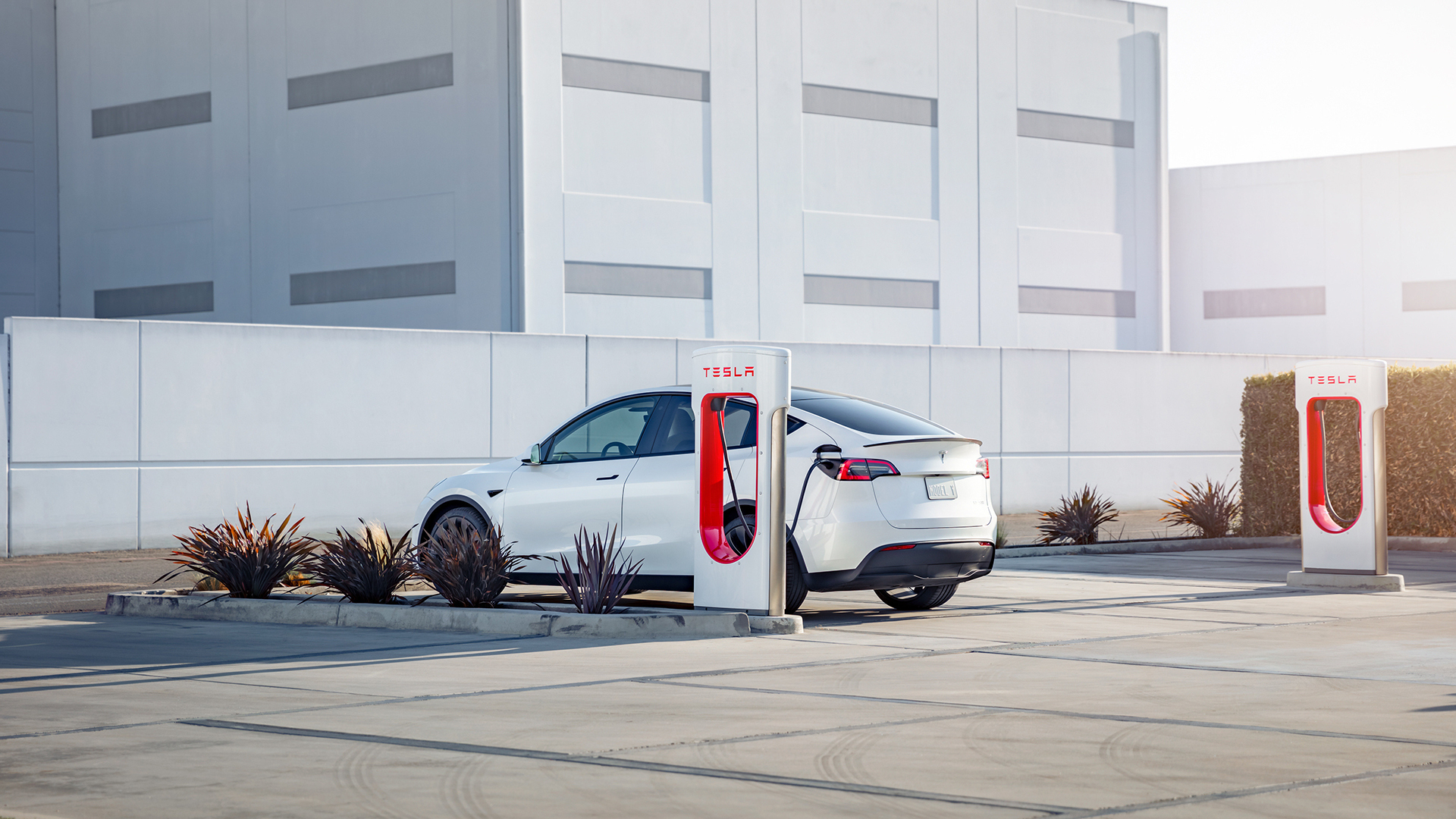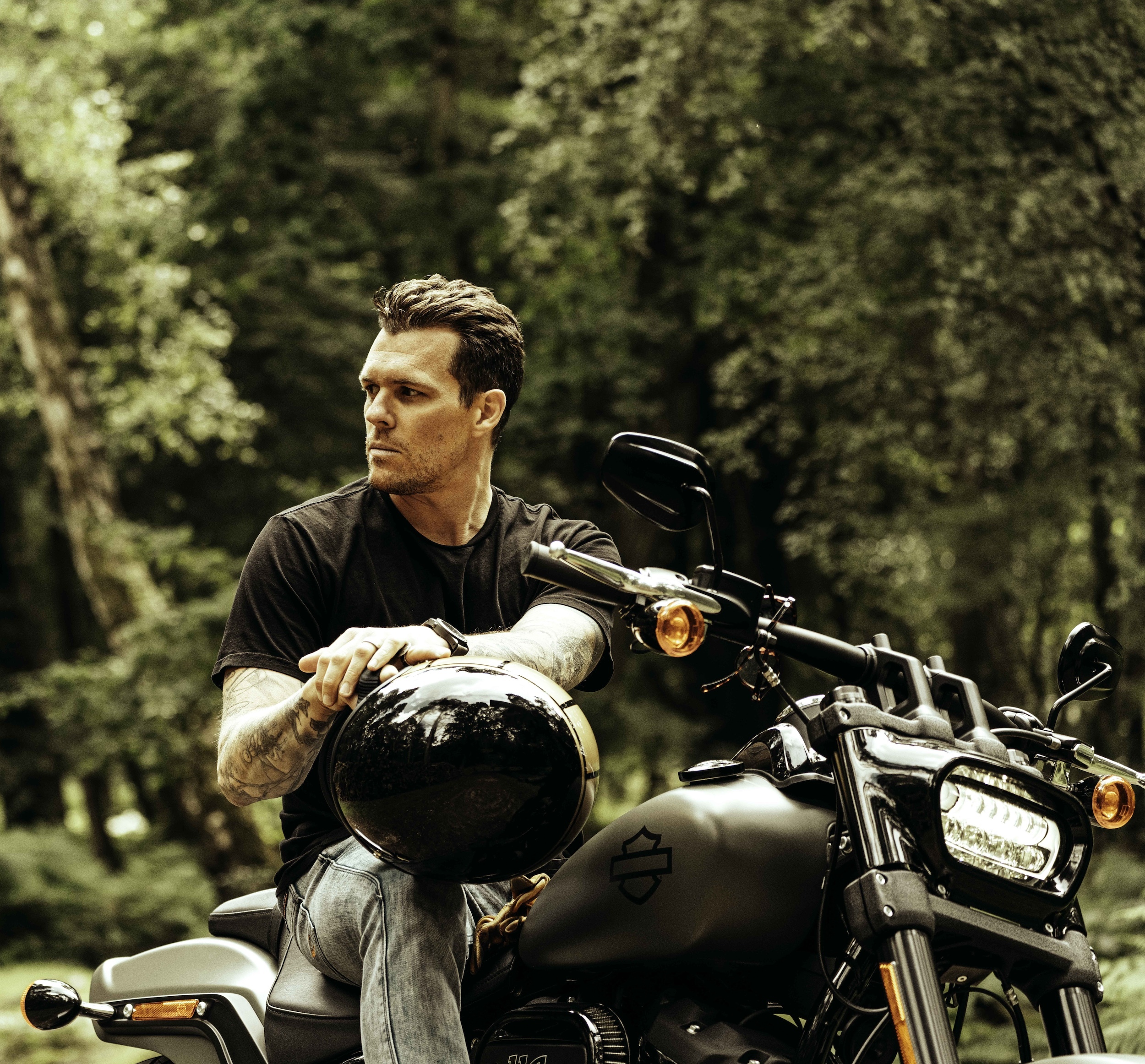Tesla faces fresh scrutiny from US authorities, potentially over EV driving range claims
Exaggerating range and ignoring complaints are some of the accusations leveled

Sign up for breaking news, reviews, opinion, top tech deals, and more.
You are now subscribed
Your newsletter sign-up was successful
The US Department of Justice (DOJ) is reportedly investigating Tesla Inc. over "certain matters" related to the claimed electric range of its vehicles, according to The Telegraph.
The move by the DOJ comes following proposed class-action lawsuits from several Tesla customers who claim the company falsely advertised the estimated driving range of its vehicles.
What's more, the lawsuit, which was filed in late July of this year, also claims Tesla created a "Diversion Team" with the sole purpose of canceling any range-related appointments customers had made with Tesla Stores surrounding the issue, according to Forbes.
As a result, Tesla has confirmed it has "received requests for information, including subpoenas from the DOJ, regarding certain matters associated with personal benefits, related parties, vehicle range and personnel decisions," as reported by The Verge.
Although customers hadn't reported any specific fault with their battery packs, the issue lies in Tesla's software that allegedly boasts a potentially optimistic view of remaining range, which can have very real implications when it comes to hyper-miling to the next bank of Superchargers.
Compared to many other more established automakers, which have had to adhere to WLTP standards, emissions figures, and stringent range tests with regard to internal combustion engines for years, Tesla has historically been accused of pursuing impressive figures, rather than providing conservative numbers that prove more helpful in the real world.
According to Forbes, the latest lawsuit says Tesla's practice of overestimating mileage "violated the vehicles' warranties and amounted to both unfair competition, and fraud". Ouch.
Sign up for breaking news, reviews, opinion, top tech deals, and more.
More controversy for Musk
This isn’t the first time Tesla has come under fire for potential foul play, as it was ordered to compensate buyers in Norway after a software update reportedly diminished range and slowed charging speeds.
Similarly, South Korean customers also complained of similar range exaggerations and Tesla was fined some $2.2 million.
This is small change for the world’s richest man, but cases like this deliver a serious blow to the brand’s reputation.
It's also something that comes into play when future customers are deciding between a Tesla, or one of the many upcoming EVs from big-name manufacturers like Audi, Porsche, VW, Nissan, Kia, and many more.
You might also like

Leon has been navigating a world where automotive and tech collide for almost 20 years, reporting on everything from in-car entertainment to robotised manufacturing plants. Currently, EVs are the focus of his attentions, but give it a few years and it will be electric vertical take-off and landing craft. Outside of work hours, he can be found tinkering with distinctly analogue motorcycles, because electric motors are no replacement for an old Honda inline four.